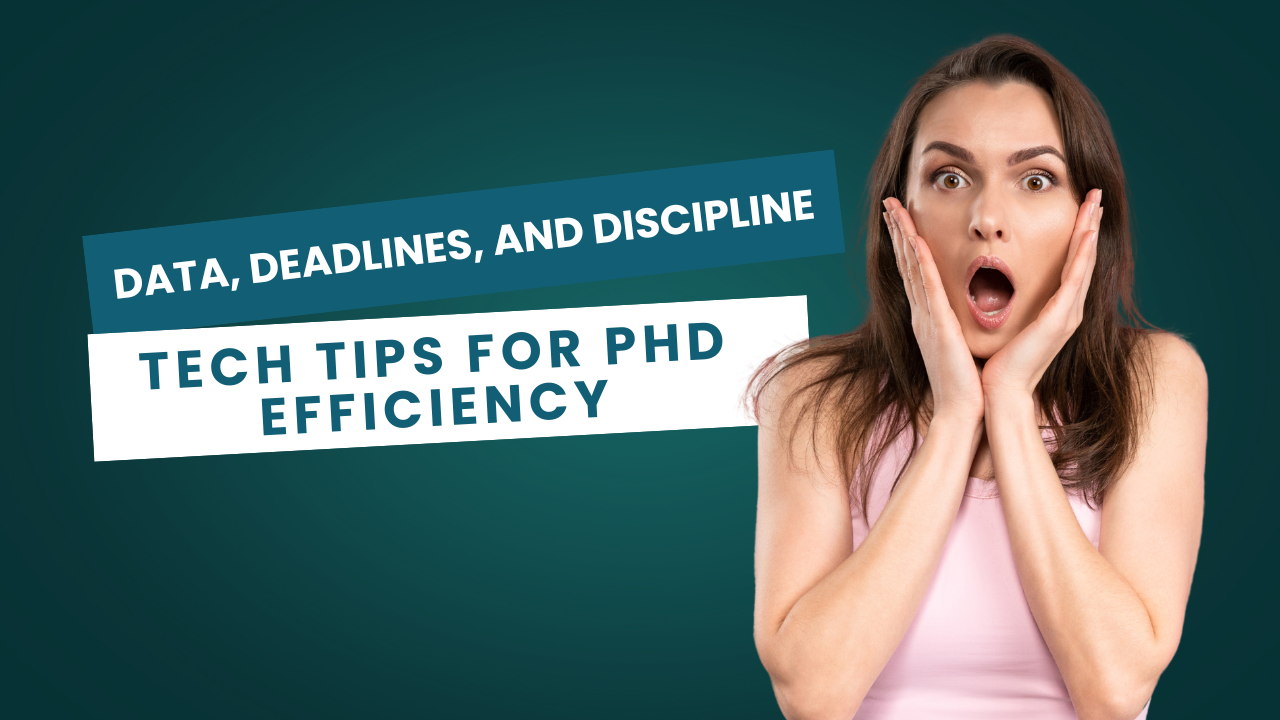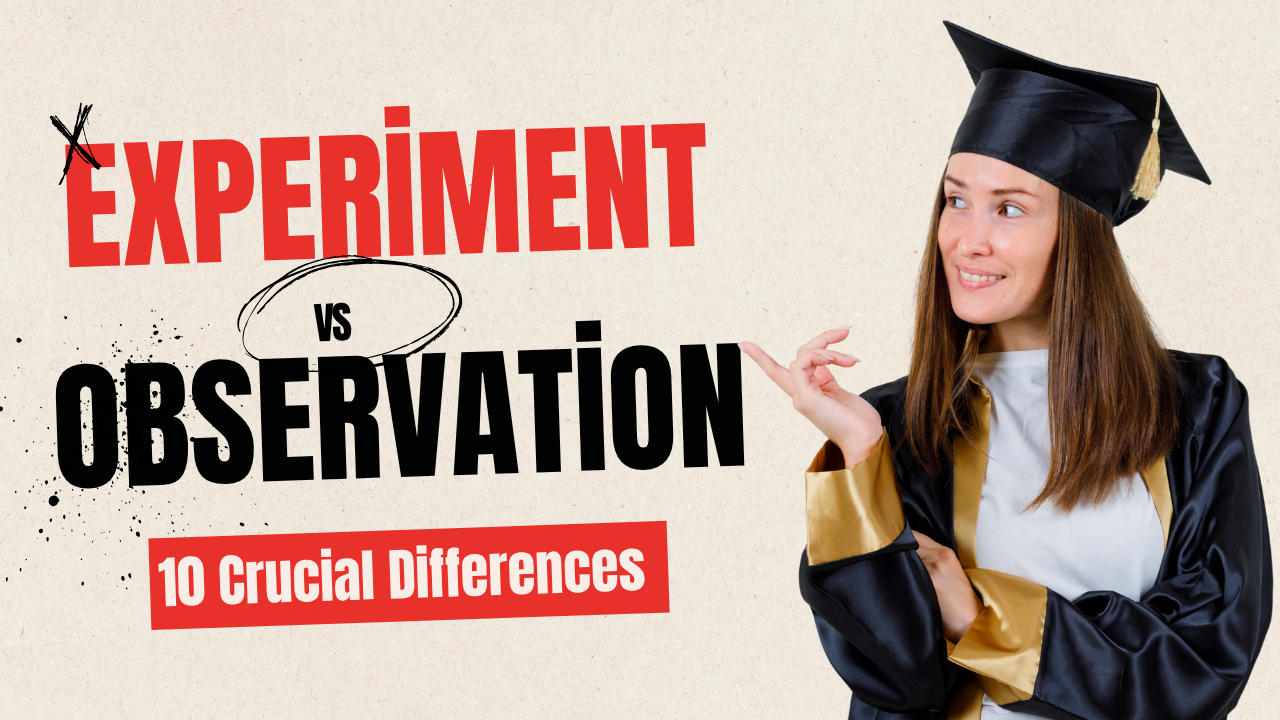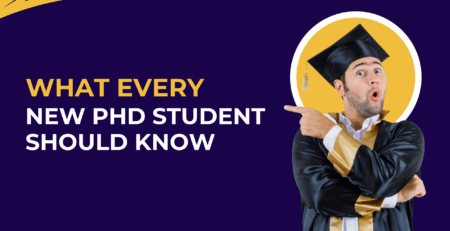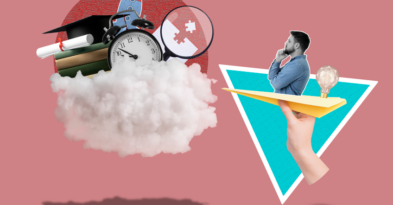Data, Deadlines, and Discipline: Tech Tips for PhD Efficiency
Kenfra Research - Shallo2025-04-30T16:42:26+05:30Pursuing a PhD is not just a test of intelligence—it’s a marathon of organization, time management, and sheer willpower. Between reading endless journal articles, collecting and analyzing data, meeting with supervisors, writing papers, and preparing presentations, it’s easy to feel overwhelmed. But thanks to technology, today’s PhD scholars have more tools than ever to stay efficient and on track. In this blog, we’ll explore essential Tips for PhD Efficiency and how to harness the power of tech to supercharge your research journey. From managing data and setting deadlines to maintaining the discipline required to cross the finish line—your PhD defense—we’ll provide actionable Tips for PhD Efficiency to keep you focused and productive.

Why Efficiency Matters in a PhD Program
Efficiency isn’t about rushing through your research—it’s about maximizing productivity with the least amount of wasted time or effort. The average PhD takes anywhere from 3 to 6 years to complete. Without a system in place, you risk burnout, delays, and missed milestones. But with the right tools and habits, you can turn chaos into clarity.
1. Data Management: Organize Your Research Like a Pro
PhD research often involves mountains of data, whether it’s qualitative interviews, experimental results, survey responses, or coding output. Mismanagement can result in duplicated efforts, data loss, or even academic misconduct. Here’s how technology can help:
- Use Reference Managers
Reference managers are a must for every researcher. Tools like:
- Zotero (free and open-source)
- Mendeley
- EndNote
These platforms let you store, organize, and cite academic references effortlessly. You can tag, sort by author or year, and even collaborate with peers.
- Embrace Cloud Storage
Using platforms like Google Drive, Dropbox, or OneDrive helps:
- Back up your work automatically
- Access files from any device
- Share documents securely
Don’t risk losing six months of work to a hardware failure—always use the cloud.
- Data Analysis Tools
Depending on your field, you may benefit from:
- SPSS, Stata, or R for statistical analysis
- NVivo or Atlas.ti for qualitative data
- Python or MATLAB for computational research
Investing time in learning these tools early can save hours later in your PhD journey.
2. Deadlines: Plan Backwards, Work Forwards
PhDs don’t typically come with rigid timelines. That’s both a blessing and a curse. Setting and sticking to personal deadlines is critical for making steady progress.
- Project Management Software
Tools like:
- Notion – Flexible workspace with databases, checklists, and calendars
- Trello – Kanban boards for visual task management
- Asana – Great for breaking large goals into smaller subtasks
These platforms help map out every stage of your PhD—from proposal to viva.
- Gantt Charts
A Gantt chart can visualize your entire PhD timeline. Software like:
- TeamGantt
- ClickUp
- Excel (with templates)
…lets you see what’s due and when, helping you plan your workload months in advance.
- Time-Tracking Apps
Use apps like Toggl, RescueTime, or Clockify to:
- Monitor how you spend your research hours
- Identify time-wasting habits
- Set focused work blocks (e.g., Pomodoro technique)
This data helps you reflect and refine your routine.
3. Discipline: Build Habits That Support Deep Work
Even with the best tools, nothing substitutes for discipline. Maintaining motivation over several years is one of the biggest challenges of doing a PhD. Here’s how technology can help you stay focused and consistent.
- Distraction Blockers
If social media and YouTube eat into your study time, try:
- Forest – Grows a virtual tree when you focus (gamified focus)
- Freedom – Blocks distracting apps and websites
- Cold Turkey – Hardcore blocking tool for serious focus
These apps can be lifesavers during crunch time.
- Habit Trackers
Apps like Habitica, Strides, or Loop help build habits such as:
- Daily writing
- Reading journal articles
- Meditating or exercising
- Backing up your files
Turn positive actions into daily rituals.
- Digital Note-Taking
Stay organized with apps like:
- Obsidian – Markdown-based knowledge management
- Notion – All-in-one workspace for notes, tasks, and databases
- Microsoft OneNote – Great for visual thinkers and sketchers
Keep all your notes, to-dos, and ideas in one place instead of scattered sticky notes.
4. Collaboration and Communication
A PhD can be isolating, but tech can help you stay connected with supervisors, collaborators, and academic peers.
- Virtual Meeting Tools
- Zoom, Google Meet, and Microsoft Teams are ideal for virtual meetings, presentations, or lab catchups.
- Shared Workspaces
Use Google Docs, Notion, or Overleaf (for LaTeX users) to co-write papers or share feedback in real time.
- Academic Social Networks
Platforms like ResearchGate, Academia.edu, and LinkedIn can help:
- Discover research trends
- Network with experts
- Showcase your published work
5. Wellness Tech: Avoid Burnout
Efficiency isn’t just about doing more—it’s about doing better. If you’re tired, anxious, or stressed, your output suffers. Wellness apps can help restore balance.
- Mindfulness Apps
- Headspace and Calm offer guided meditations for stress reduction and focus.
- Fitness Tracking
Even 30 minutes of movement improves productivity. Use:
- Fitbit, Google Fit, or Apple Health to track steps, sleep, and activity.
- Digital Journaling
Apps like Day One or Journey allow you to reflect, process thoughts, and stay mentally grounded.
6. Writing and Publishing Tools
Writing your thesis or journal articles can be daunting. Make it smoother with these tech solutions:
- Writing Tools
- Grammarly – Catch grammar and style issues
- Hemingway Editor – Improve clarity and readability
- Scrivener – Ideal for structuring large writing projects
- Plagiarism Checkers
Ensure originality with tools like:
- Turnitin (institution-provided)
- Quetext
- Plagscan
- LaTeX Editors
For technical writing or thesis formatting:
- Overleaf offers collaborative LaTeX editing with version control.
Final Thoughts: Efficiency is an Ecosystem
Efficiency doesn’t happen by accident. It’s the result of systems, tools, and self-awareness working in harmony. When you manage your data wisely, stick to a clear timeline, and maintain strong habits, you’ll not only finish your PhD—you’ll thrive while doing it. Exploring the right Tips for PhD Efficiency can help you build a workflow that supports your goals. Tech won’t write your thesis for you, but it can remove friction, boost focus, and simplify collaboration. The key is to follow practical Tips for PhD Efficiency by finding tools that suit your style and committing to them consistently.
Kenfra Research understands the challenges faced by PhD scholars and offers tailored solutions to support your academic goals. From topic selection to advanced plagiarism checking.











Leave a Reply